Create Your Own RPG Games for Pen and Paper Gamers
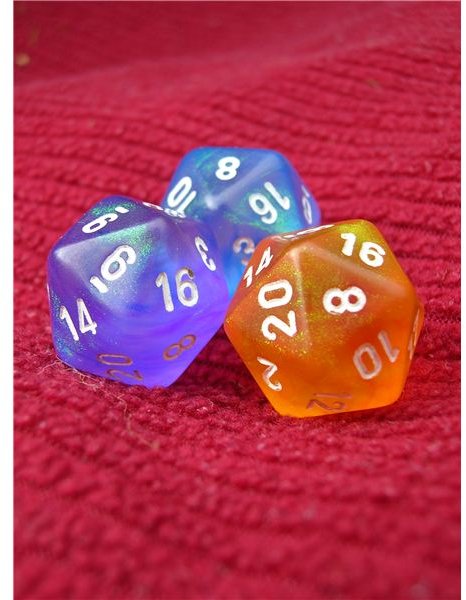
Creating Your Own RPG Games: How to Start
So you have decided to create your own rpg games. That is great! Of course, creating your own pen and paper rpg games is a lot of work. You have to think of so many different things in order to make your world and rules work. This how to-guide shall help you to keep track of all the various aspects you have to think of, as well as give you tips and ideas for creating your own world and rules or including existing rules into your game.
Basics about Your World
- Where is your world situated? Is it some undefined part of our existing world or an entirely new and unknown world?
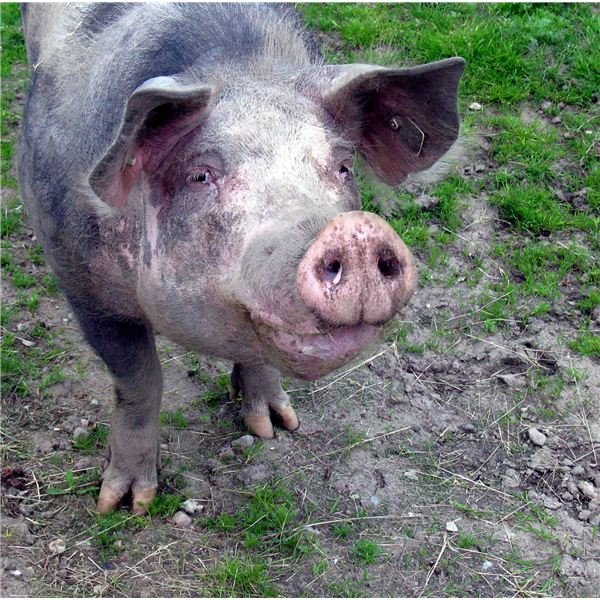
- In which time is your world situated? Is it a typical fantasy world with medieval charm or some futuristic science fiction world? 3) Does magic exist in your world? If yes, in which way and to which extend? Are there schools for magicians, for example, or do only some races have magical abilities? 4) Which races and animals / monsters populate your world? Do they live in peace or war? Who fights against whom?
All About Society
- Does your world have a monarchy or a democracy? Or is your world populated by small clans with their own leaders and hierarchies? 6) What are the role models for men and women? Can women become fighters / magicians / follow any profession, for example, or are they maybe the “leading sex” and men need the permission of their wives or mothers to make any decisions? Do men and women have equal rights? 7) Is there any form of religion in your world? Are there maybe even several different believes? What do your peoples / races believe in? 8) Are there any special holidays and rituals? How do your peoples / races celebrate and what do they celebrate?
Weaponry, Craftsmenship and Trade
- Which weapons are used? Are there differences between the peoples / races? Is one people / race, for example, more modern than another one? Has one people / race more developed weaponry and / or combat tactics? 10) What clothes do your peoples / races wear? Which materials do they use and how well are the clothes crafted?
 11) How well are the various crafts, for example the art of metal-working, developed? Which professions are common among the peoples / races? Are the craftsmen organized in guilds? 12) Does your world have a monetary system or a barter system? How well is trade among the various peoples / races developed? Which materials are used to make money if your world has a monetary system? 13) Does your world have resources like gold, diamonds, crude oil or iron? Or are there maybe other resources which are unknown to us?
11) How well are the various crafts, for example the art of metal-working, developed? Which professions are common among the peoples / races? Are the craftsmen organized in guilds? 12) Does your world have a monetary system or a barter system? How well is trade among the various peoples / races developed? Which materials are used to make money if your world has a monetary system? 13) Does your world have resources like gold, diamonds, crude oil or iron? Or are there maybe other resources which are unknown to us?
Details Matter
Answer all these questions above as detailed as possible to make your world lively and authentic. It is the small things that matter. Details create atmosphere and are the difference between a good rpg and a flat hack and slay game. As soon as you decide to create your own rpg games, you have committed yourself to creating coherent worlds which are rich of details that make the gamers smile and wonder.
Preview Page Two
Read more about game rules on page two.
Image Credits
Jerzy Sawluk / pixelio.de Rolf / pixelio.de
All about Rules
Your game rules have to be comprehensive and logical. You need rules for your character development system, battles, skills and magic. This second part shall give you an overview of existing rules.
Character Development
When you have a look at some classic pen and paper rpgs like The Dark Eye or Dungeons & Dragons, you will notice that the characters have attributes (intelligence, strength, dexterity and charisma, for example), skills (like weapon skills, magic spells, sneaking or healing skills) and special abilities (like two-handed combat, offense or defense moves). Most characters will gain higher levels through experience which they can gain in battle or by solving quests. There are other rpgs where characters gain levels through improvement of their various skills (which can be improved by using them or by paying an instructor). Skills, attributes and special abilities can either be improved after moving on to the next level, through using experience points for improvement (either with or without instructor) or by using them.
Battle Rules
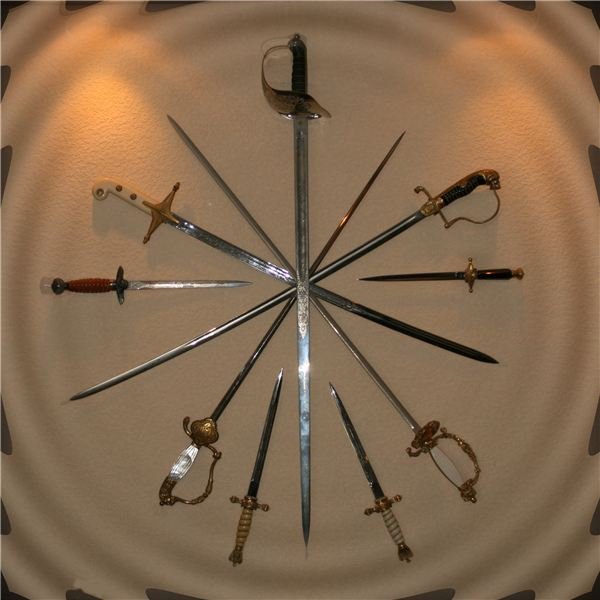
Most game rules use a die with twenty sides to determine success or failure of an attack or parry. Both moves have a certain value which is determined by the character’s attributes and weapon skills. The value often lies between 10 and 20. To succeed, the die must show a number equal to or lower than the move’s value. There are rpgs too which use a percentage probability of success. They only base the results on the weapon skills which can be much higher than 20 (up to 100). Special abilities can grant additional attack or parry chances, additional damage or special moves. Damage is normally dependent on the type of weapon used and the armor protection of the opponent. Most of the times, it is determined by one or two dice with six sides (thus normal dice) and an additional, fix damage amount. Armor protection is deducted from the total damage.
Skill System

Game rules have to determine how skills can be applied. The most common way is to assign three attributes to each skill which will be “tested” with three dice with twenty sides. Each die has to show a number equal to or lower than the attribute level. If a die shows a higher number, it can be compensated with skill points (the skill’s level): one skill point for each point of difference. Another way is the percentage possibility of success as explained under Battle Rules.
Magic System
There are several ways to organize your magic system. One possibility is to treat the various spells like skills; that means each spell can be improved (in strength and / or success rate) by adding levels. Another possibility is to categorize the spells into magic schools. That way, the schools have to be improved while each spell has a certain percentage of success depending on the school’s level and the complexity of the spell. Spell effects can vary depending on the spell level or can be fix effects (for example for a poison healing spell).
Mix Your Rules
To create your own rpg games, you can choose to use existing rules or you can make up your own rules. Of course, you can also take existing rules and modulate them for your purposes.
Preview Page Three
Your rpg is almost complete. Now you have to think of the most important part: the quests. After all, your characters want to be kept busy. Read more about quests on page three.
Image Credits
Gerhard Hermes / pixelio.de Mima / pixelio.de
The Quests - Or What Heroes Do
Without quests, your rpg will be either a hack and slay without sense or a talk therapy without action. The people playing your pen and paper rpg want to be heroes. They want to solve problems, defeat villains, rescue maidens and find treasures. These are some typical rpg quest plots which are widely popular with the rpg gaming community. Let us have a closer look at them:
Riddles
Riddles are quest plots with little to no combat action. They are well suited for parties with non-combat professions like thieves or healers. The characters have to use their non-combat skills and their brains to solve these quests. They might have to try out several ways to find one which works. The plot might be as simple as helping someone to decipher a message, but it might also be as complex as proving the innocence of an accused person by interrogating other people, deciding who tells the truth and finally defending the accused in court.
Villain Hunt
These rpg quests are classic combat plots. Combat skills and spells are essential for the success of these quests. They a
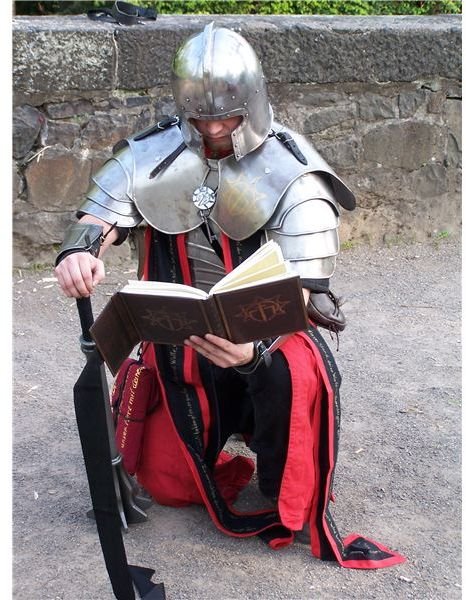
re closest to hack and slay games and are best suited for fighters and professions with strong fighting skills. The villain might be some escaped murderer or bandit or it might be some monster which terrorizes the area, for example.
Rescue Mission
The rescue mission often requires high levels in stealth skills. Good combat skills may become necessary too if the plan of sneaking in and out again without being seen fails. Sometimes, high levels in convincing skills are another possibility to solve these quests without having to fight. The person whom your party members have to rescue can vary from a child to a young woman or maybe an elderly person. Possible scenarios would be some children who got lost in a forest full of wild wolves or a young woman who was kidnapped by a group of bandits.
Treasure Hunt
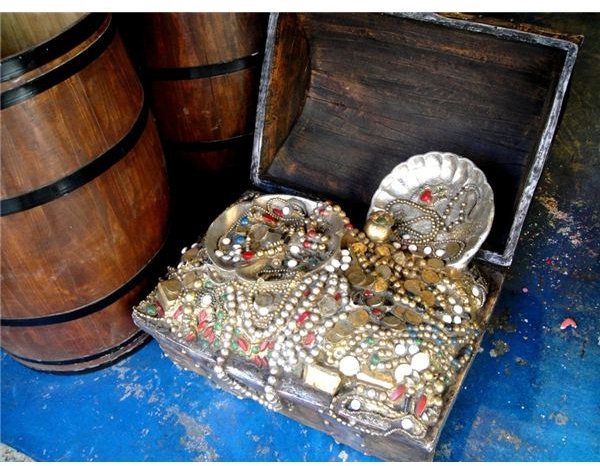
Treasure hunts, or more generally every version of looking for some item and either keeping it or bringing it back, are quest plots for balanced parties. Neither combat skills nor social or magical skills have an advantage over the other skills. However, treasure hunts can become boring when they take too much time. You have to include little side quests or interesting places to explore to avoid that.
Image Credits
Sascha Weber / pixelio.de Tokmuwi / pixelio.de
